Divestments point to lenders’ long-term strategic thinking
Deputy Prime Minister Le Minh Khai this month endorsed the restructuring plan for Vietnam Posts and Telecommunications Group (VNPT) through to the end of 2025. According to the plan, VNPT must reduce its holdings to below 50 per cent or fully divest from 26 companies, including MSB.
The 2023 consolidated report shows VNPT holding nearly 121 million MSB shares, equalivalent to a 6.05 per cent stake in the bank. By late 2023, the fair value of this investment was approximately $62.92 million, while the original value was around $23.2 million. Since the beginning of the year, MSB shares have risen nearly 14 per cent, closing on July 17 at 60 US cents per share.
These strategic moves are aimed at streamlining VNPT’s operations and enhancing its financial health, said a VNPT representative.
In parallel, VIB received approval from the State Securities Commission to adjust its maximum foreign ownership limit to 4.99 per cent, effective from July 1. Previously, VIB’s charter set the foreign ownership cap at 30 per cent. This adjustment in foreign ownership is part of VIB’s capital management strategy and shareholder structure reorganisation.
The Commonwealth Bank of Australia (CBA), VIB’s strategic partner, currently holds over 500 million shares, equivalent to nearly one-fifth of the bank’s capital. As of the latest update, its stake has significantly decreased to 362.54 million shares, or 14.33 per cent. The CBA is expected to continue selling its VIB shares to domestic investors until its ownership reaches or falls below 4.99 per cent.
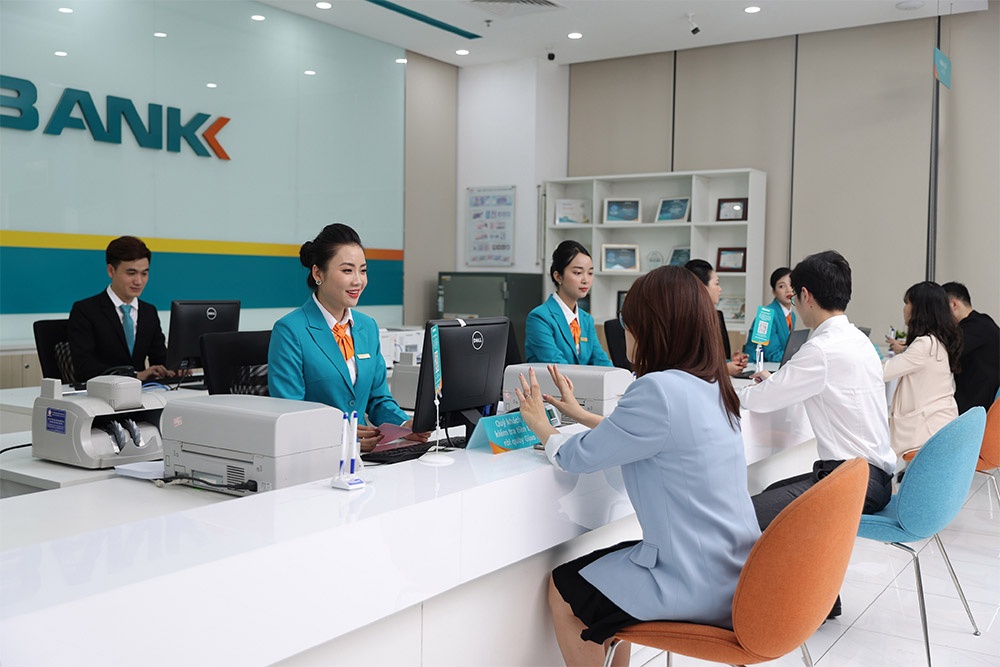 |
| Divestments point to lenders’ long-term strategic thinking, Photo Le Toan |
According to SSI Securities, reducing the foreign ownership limit will facilitate VIB’s search for new strategic partners. “The bank’s management has conveyed to shareholders that it would seek new strategic partners immediately after CBA’s divestment in compliance with regulations,” SSI noted.
Elsewhere, the International Finance Corporation (IFC) in late May divested over 84 million shares of ABBank, equivalent to 8.2 per cent of the bank’s outstanding shares.
Following this transaction, Maybank, Malaysia’s largest bank, became the largest foreign shareholder in ABBank, holding 16.4 per cent. After its exit from ABBank, the IFC plans to collaborate with financial intermediaries, both banking and non-banking, to promote inclusive finance and climate finance.
“The IFC has supported ABBank over nearly 14 years, providing capital, loan products, and trade finance, as well as advisory services and experience sharing. This partnership has enhanced ABBank’s governance capacity, sustainable development, and small business financing,” said a bank representative.
Following the IFC’s divestment, ABBank indicated that attracting additional foreign capital might be a consideration in the future, provided that the opportunities align with the bank’s sustainable development goals and involve strategic partners that match its long-term objectives.
In an investors’ meeting in July, HDBank sought approval to reduce the foreign ownership limit to 17.5 per cent from the current 20 per cent as stipulated in its charter. According to HDBank, temporarily lowering the foreign ownership cap to 17.5 per cent is aimed at preparing for upcoming strategic projects and ensuring compliance with regulations while aligning with foreign investors’ needs. Currently, HDBank is among the few major banks yet to select a foreign strategic shareholder.
Hoang Thanh Tung, head of Investor Relations at HDBank, indicated that the bank is well-prepared for strategic partnerships.
“The plan to sell equity to strategic investors can be executed when market conditions are favourable, and HDBank identifies suitable partners. Recently, HDBank has garnered interest from several foreign partners from South Korea, Europe, and the United States,” Tung said.
Regarding plans to further adjust foreign ownership limits or seek new foreign strategic investors, Ho Hung Anh, chairman of Techcombank, stated that its current foreign ownership limit is 22 per cent.
“This ratio allows the bank to issue 10 per cent to strategic shareholders. Techcombank is exploring opportunities and hopes to find suitable strategic partners when market conditions improve,” said Anh.
Jens Lottner, CEO of Techcombank, also announced in May that one of the bank’s key objectives for 2024 is to attract strategic investors. He explained that beyond the financial value these investors bring, the ultimate goal is to enhance the bank’s value through the trust of one or several selected reputable partners.
“The bank welcomes strategic investors or those with a long-term mindset to join us in building the brand and increasing value beyond mere capital in various forms,” Lottner stated.
VNDirect Securities assessed that while the capital adequacy ratio at Vietnamese banks has improved, the capital buffer remains relatively low compared to international standards. Consequently, increasing capital and seeking foreign resources is a trend to meet bank restructuring plans and achieve international governance standards such as Basel III.
However, experts caution that the plans to continue selling equity to foreign investors in 2024 faces significant barriers and challenges, especially given the negative impact of the global capital market’s downturn due to tight monetary policies.
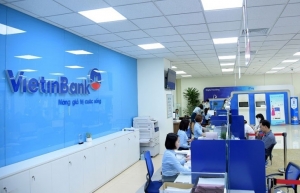 | Banks readjusting focus with subsidiary divestments Vietnamese banks are withdrawing capital from their subsidiaries to refocus on major banking services, with the move opening the door for foreign investors to make inroads in the financial market. |
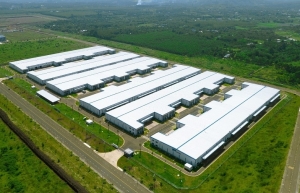 | Divestment an option in industrial real estate Investment and divestment in real estate are two sides of the same coin. Divestment is an adaptive change to a company's ownership and business portfolio in reaction to internal and external changes. There are many reasons companies choose to divest and several challenges to deal with when it happens. This short Q&A with Rebecca Trinh, BW head of Investment, will provide with a better understanding of divestment in industrial real estate. |
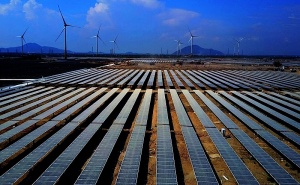 | Gelex explores divestment in energy projects Vietnamese conglomerate Gelex Corporation is in negotiations to divest its stakes in power projects to foreign inevstors. |
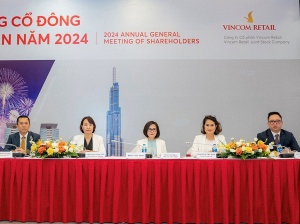 | Vincom Retail retains brand name following Vingroup divestment Vincom Retail recorded its highest ever revenue in 2023, and signed a pivotal M&A deal in March 2024 that reshaped its ownership structure and set the stage for future growth. |
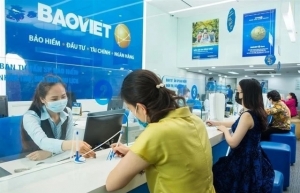 | Two State-owned insurance firms plan capital divestment to attract foreign investors Vietnam's two largest insurance firms – Baoviet Holdings (HoSE: BVH) and PVI Joint Stock Company (HNX: PVI) - have announced plans to divest State capital. |
What the stars mean:
★ Poor ★ ★ Promising ★★★ Good ★★★★ Very good ★★★★★ Exceptional
Related Contents
Latest News
More News
- Raised ties reaffirm strategic trust (February 20, 2026 | 14:06)
- Sustained growth can translate into income gains (February 19, 2026 | 18:55)
- The vision to maintain a stable monetary policy (February 19, 2026 | 08:50)
- Banking sector faces data governance hurdles in AI transition (February 19, 2026 | 08:00)
- AI leading to shift in banking roles (February 18, 2026 | 19:54)
- Digital banking enters season of transformation (February 16, 2026 | 09:00)
- IFC to grant $150 million loan package for VPBank (February 13, 2026 | 09:00)
- Nam A Bank forms position as strategic member at VIFC through three key partnerships (February 12, 2026 | 16:39)
- Banks bolster risk buffers to safeguard asset quality amid credit expansion (February 12, 2026 | 11:00)
- VNPAY and NAPAS deepen cooperation on digital payments (February 11, 2026 | 18:21)

 Tag:
Tag:
















 Mobile Version
Mobile Version